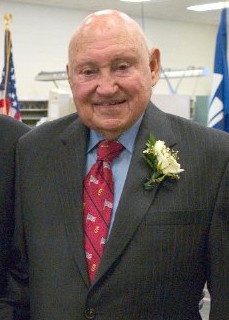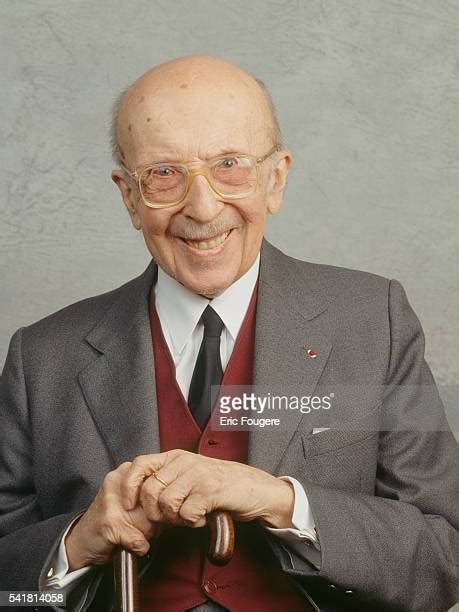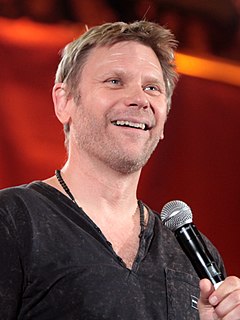A Quote by Pope Francis
Politics is noble; it is one of the highest forms of charity, as Paul VI used to say. We sully it when we mix it with business. The relationship between the Church and political power can also be corrupted if common good is not the only converging point.
Related Quotes
There are some militarists who say: ‘We are not interested in politics but only in the profession of arms.’ It is vital that these simple-minded militarists be made to realize the relationship that exists between politics and military affairs. Military action is a method used to attain a political goal. While military affairs and political affairs are not identical, it is impossible to isolate one from the other.
Power corrupts. If the Church is given too much power, it will become corrupted. So to keep the Church in line with the teachings of Christ, we must make sure that it can never have temporal power. Religion has its place and politics has its own. These two should not be mixed together or the result would be catastrophic.
Economics now drives politics. This gives us a system in which the relationship between power and politics is no longer fused. Power is global. We have an elite that now floats in global flows. It could care less about the nation-state, and it could care less about traditional forms of politics. Hence, it makes no political concessions whatsoever. It attacks unions, it attacks public schools, it attacks public goods. It doesn't believe in the social contract.
For her part, the Church always works for the integral development of every person. In this sense, she reiterates that the common good should not be simply an extra, simply a conceptual scheme of inferior quality tacked onto political programmes. The Church encourages those in power to be truly at the service of the common good of their peoples.
The intention of Paul VI with regard to what is commonly called the Mass, was to reform the Catholic liturgy in such a way that it should almost coincide with the Protestant liturgy - but what is curious is that Paul VI did that to get as close as possible to the Protestant Lord's supper... there was with Paul VI an ecumenical intention to remove, or at least to correct, or at least to relax, what was too Catholic, in the traditional sense, and, I repeat, to get the Catholic Mass closer to the Calvinist Mass.
Did you, too, O friend, suppose democracy was only for elections, for politics, and for a party name? I say democracy is only of use there that it may pass on and come to its flower and fruit in manners, in the highest forms of interaction between people, and their beliefs - in religion, literature, colleges and schools- democracy in all public and private life.
Political organizations have slowly substituted themselves for the Churches as the places of believing practices, but for this very reason, they seem to have been haunted by the return of a very ancient (preChristian) and very “pagan” alliance between power and religion. It is as though now that religion has ceased to be an autonomous power (the “power of religion,” people used to say), politics has once again become religious.
Business is a noble vocation, directed to producing wealth and improving the world. It can be a fruitful source of prosperity for the area in which it operates, especially if it sees the creation of jobs as an essential part of its service to the common good. This common good also includes the earth... the environmental challenge we are undergoing, and its human roots, concern and affect us all.
Being Christian without the Church doesn't make sense. That's why the great Paul VI, said that the most absurd dichotomy is loving Christ without the Church. To listen to Christ, but not the Church. To be with Christ, but stay at the margins of the Church. It's not possible. It's an absurd dichotomy.
I am also very excited by the way in which we can see Paul wrestling not only with his Jewish world and its scriptures but also, by clear implication, with philosophical and political issues that were 'out there' at the time. The thing is that for Paul this is all part of the same larger, whole vision of God and God's purposes. Watching how everything comes together is an intellectual treat of the first order - as well as a spiritual and practical challenge to me personally and to the church.

































